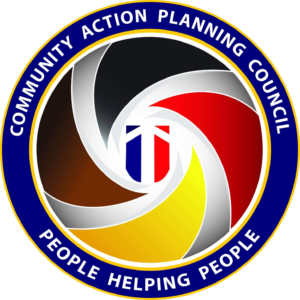Choosing child care is an important decision to make for both you and your child. High-quality child care in a safe and positive setting can help create the groundwork necessary for healthy growth and development. Below are some resources to help you recognize a high-quality program and some things to consider when you are choosing the right care for your child.
your family
Consider the needs of your family when choosing the right child care program. Take a look at the family handbook and review the policies of the program with the child care provider. Make sure the program has the capacity to support any cultural or individual needs your family or child have.
Some questions you can askThe Caregiver
A positive and healthy relationship between the child, family, and the caregiver or teacher in the program is important for everyone. Make sure you and your child are both comfortable with the provider. Take into consideration how the caregiver is responding and interacting with the children in the program, and how other children are interacting with each other.
Some questions you can askThe PROGRAM
A child care setting that offers a variety of activities and experiences will help children develop skills for future school readiness. Look for a balance of active, quiet, indoor and outdoor play based on the abilities and interests of the children. Make sure the program supplies a variety of materials that support social, emotional, physical, and developmental milestones.
Some questions you can askHealth and Safety
The program should encourage good health habits and take steps to prevent the spread of germs. Make sure you know the program has an approved health care plan and ask to see a copy. Think about what steps the program takes to prevent accidents, how they handle minor injuries, and what policies and plans are in place in case of an emergency.
Some questions you can askGUIDANCE
There are appropriate ways to address and guide children through difficult challenges. Physical punishment, spanking, humiliation, neglect, retaliation, mental or emotional abuse, time outs, and any punishments that interfere with their daily functions like eating, sleeping, or elimination are all strictly prohibited in any registered or licensed facility.
Some questions you can ask
